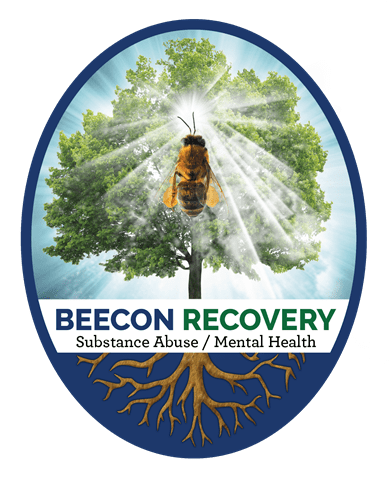Alcohol is one of the most commonly abused substances in the world, and its overuse and frequent use can seriously impact your life. Excessive alcohol use can lead to physical damage to organs, such as the liver, heart, pancreas, and brain; it can also increase the risk of certain types of cancer. Alcohol abuse can also severely impair cognitive functioning, leading to poor decision-making skills. Heavy drinking has been linked with an increased risk of developing mental illnesses such as depression or anxiety disorders.
Excessive drinking can also negatively affect relationships with family members and friends due to behaviors that come from being drunk. Such behaviors may include fighting, yelling, or engaging in other risky activities which could put you at risk of being harmed. Additionally, alcohol use can lead to infidelity and other immoral actions that could ruin relationships with loved ones.
Finally, abusing alcohol can hurt work and school performance due to lethargy, memory issues, or an inability to focus on drinking. This could result in lower grades or poor job performance, harming career opportunities or educational advancement.
Signs You May Have A Problem With Alcohol
Alcohol abuse can be difficult, but recognizing the signs and symptoms is the first step in getting help. If you think you might have a problem with alcohol, certain indicators can help you decide if it’s time to seek professional assistance.
1. Increased tolerance: If your body needs more and more alcohol to achieve the same effect as before, you may have developed an increased tolerance for alcohol. This could mean drinking more than usual and becoming dependent on alcohol to feel normal or relaxed.
2. Changes in behavior: Alcohol addiction often causes subtle changes such as irritability when not drinking, isolation from friends and family, or neglecting responsibilities at work or home. If you drink more frequently than usual, become secretive about your drinking habits, or exhibit signs of aggression when sober, it may be time to seek help.
3. Physical effects: Drinking heavily over an extended period can lead to physical symptoms such as fatigue, nausea, and weight changes. Additionally, if you find yourself needing a drink first thing in the morning to function normally, this is a sign that alcohol has become too important in your life.
4. Unsuccessful attempts at quitting: If you have attempted to stop drinking and have been unsuccessful multiple times, then you will likely need professional help to overcome your addiction. It’s important to remember that recovery can be a long process and won’t happen overnight.
If you have a problem with alcohol, it’s important to reach out for help as soon as possible. There are many treatment options available that can assist in managing your addiction and helping you get back on track. The sooner you recognize the signs of alcohol abuse, the sooner you can begin working toward recovery.






